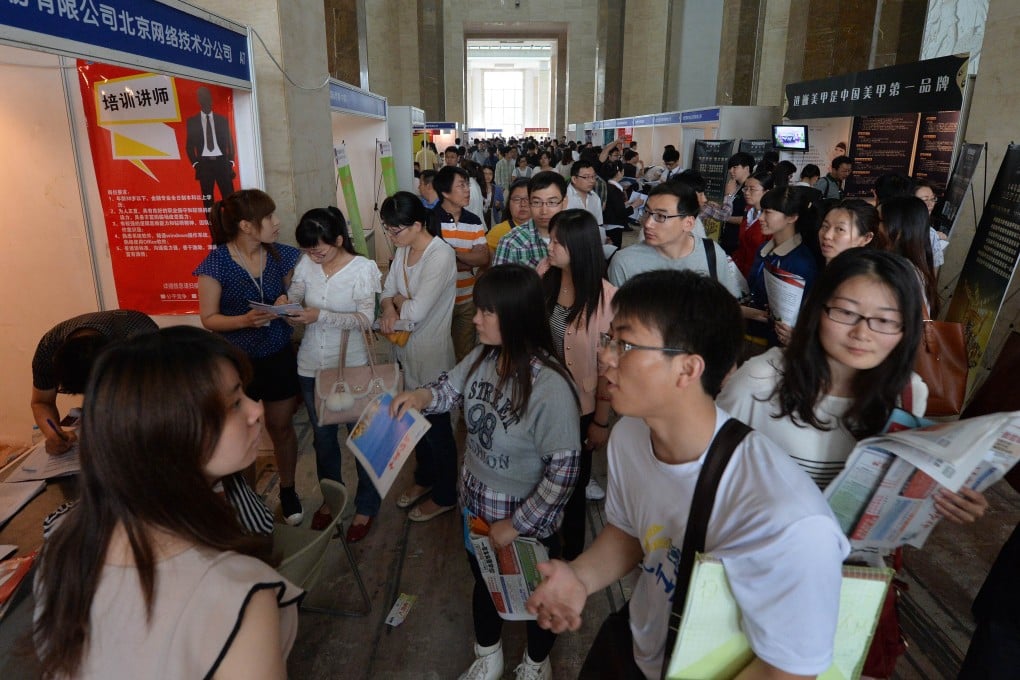The coming war over talent, the world's most valuable currency
Andrew Sheng says ageing advanced economies need to act now as their labour force shrinks

Forget about currency wars. The dollar may rise, the yen may fall and the renminbi could be the next big currency. But what determines the value of the currency will be the quality of talent. Real value is not gold or GDP, but sheer human power.
I was recently invited to Kiel, just outside Hamburg, to attend the 2013 Global Economic Symposium, organised by the think tank Kiel Institute for the World Economy. The symposium got together a diverse group of people to immerse themselves in lively debate about everything.
Many conferences I go to are based on a theme, populated by specialists who you know will talk about their pet themes. You could not imagine a closing plenary on the subject of success, comprising a Nigerian unionist, an Egyptian banker, a Hong Kong fund manager, an American feminist, a Polish-American economics professor and a US writer on China.
On the question of whether money is a good indicator of success, the economics professor had the last word: "Money is necessary, but far from sufficient."
The Hong Kong fund manager shared the most practical and wise insight. He had to go into socially responsible impact investing, because if he didn't, his next generation might give all the money away. The next generation cares about more than just making money.
Those countries that do not retain their best talent will be stuck in the middle-income trap
The best thing about such conferences is not just the people you meet, but the material you get to read. I found a bland-looking study funded by the Bertelsmann Foundation called "Competing for talent: The global struggle for the world's most valuable resource". But inside were four papers with stunning data on what is happening in the war for talent.